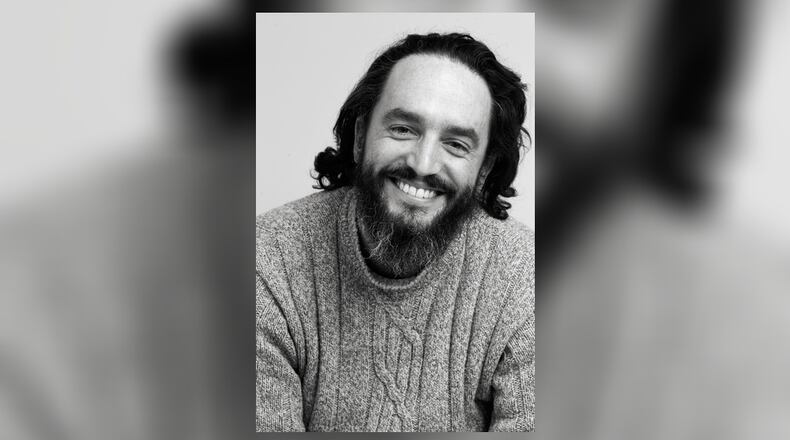Also in March, the Dayton Police Department (DPD) published its first proposal to acquire new fixed-site Automated License Plate Readers (ALPRs) and drastically expand mobile ALPRs to the entire DPD fleet. The proposal included an Impact Report and a draft Use Policy.
According to the Ordinance, the Impact Report is to detail how the proposed technology works, what it aims to achieve, what evidence supports its effectiveness, how much it costs, whether it may result in adverse impact, and how the City engaged community members to prepare the proposal.
The Use Policy is to detail how the DPD plans to use the technology, including which uses will be allowed and prohibited, how data will be shared with third parties, which safeguards will be established to protect people’s human rights, and how the DPD will monitor use and enforce misuse.
The proposal aims at enabling the Commission and community members to make informed decisions about proposed surveillance technologies. After reviewing the March ALPR proposal, the coalition informed the City Commission that it contained serious inaccuracies and inconsistencies, and was missing key elements required by the Ordinance. In response, the Commission canceled the scheduled public hearing and sent the proposal back for revision.
On June 15, the DPD published a revised ALPR Impact Report and Use Policy, and scheduled a public hearing for July 20. This revised proposal was still factually inaccurate, inconsistent, and non-compliant. It also included no safeguards to protect the human rights of Dayton community members. The Commission chose to ignore the coalition and move forward with the public hearing. (The DPD did, however, quietly release an Addendum before the hearing with new information that contradicted the Impact Report.) In the following weeks, dozens of community members emailed written comments and delivered oral comments at the public hearing. Many of them asked the Commission to require revisions to the proposal before proceeding.
On July 20, the City Commission approved - in a split vote - the ALPR proposal as submitted. Commissioners Fairchild and Turner-Sloss opposed the proposal because they heard the community’s concerns and understood the need for revisions. But Mayor Mims and Commissioners Joseph and Shaw approved the factually inaccurate, inconsistent, non-compliant ALPR proposal, despite being aware of its inadequacy and without requiring any safeguards. This was a vote against transparency, accountability, and community participation in decisions impacting public safety and human rights.
I commend Commissioners Fairchild and Turner-Sloss for standing up for transparency and public participation. And I urge Mayor Mims and Commissioners Joseph and Shaw once again to send the ALPR proposal back and demand the necessary revisions. You may join me in urging them to require transparency by emailing CCOClerk@daytonohio.gov.
The health of our representative democracy relies on our ability to access accurate, reliable information about how our government functions. We deserve truthful information from our City. We expect Commission members -whom we elected to guide and oversee our City- to fight for our ability to access the information we need to effectively participate in our own government.
Julio C. Mateo is a Human Factors psychologist, an independent consultant and a human-rights activist. Julio is a member of the Coalition on Public Protection and a graduate of The Journalism Lab. To receive notifications from the Coalition on Public Protection, email them to coalitiononpublicprotection@gmail.com.
About the Author
